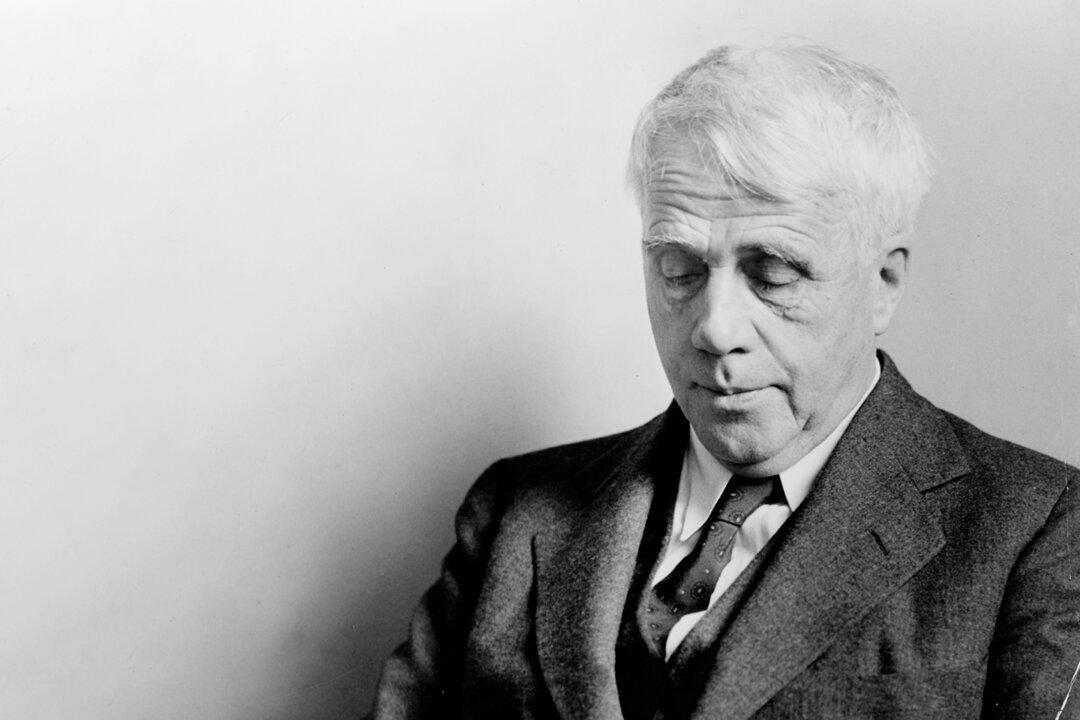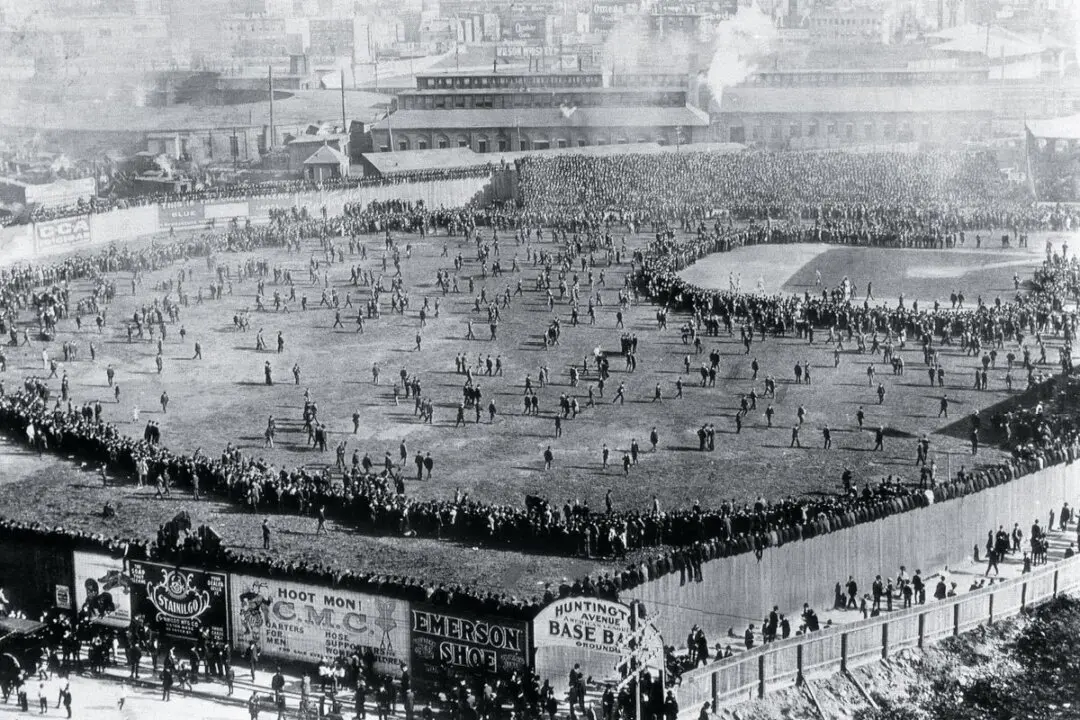When Library of America asked Jay Parini to write a book on the poetry of Robert Frost, they chose the right person. Parini, the D.E. Axinn Professor of English and Creative Writing at Middlebury College in Vermont, is a Frost scholar, though not simply because he has studied the life and poetry of the poet, or because he has written his biography. Parini’s relationship with Frost is much deeper than that.
“I think that everything I know about life I learned from Robert Frost and from reading his poems,” Parini told me. It was a statement I didn’t expect. But, for me, that statement clarified why in his new book, “Robert Frost: Sixteen Poems to Learn by Heart,” he calls Frost “our guide.”






